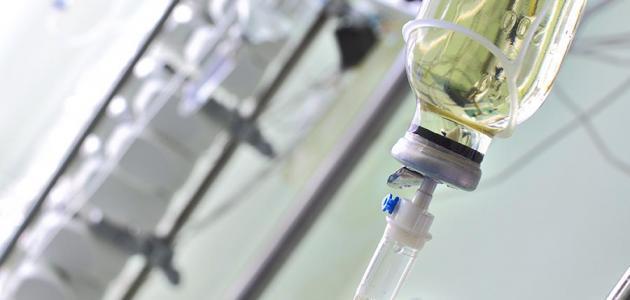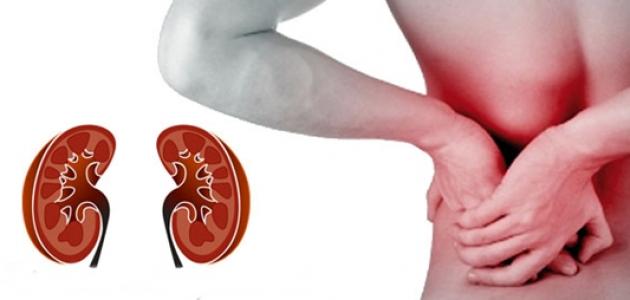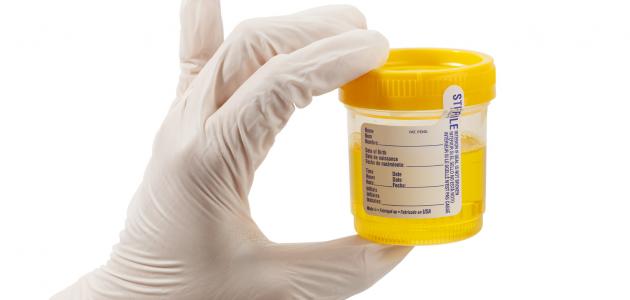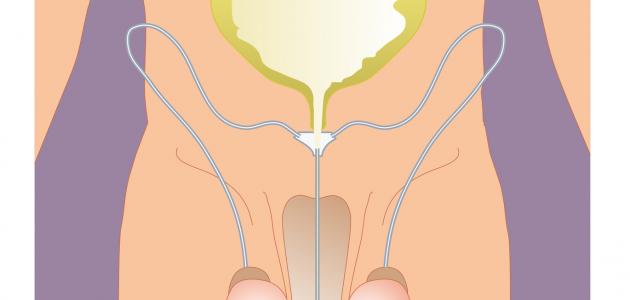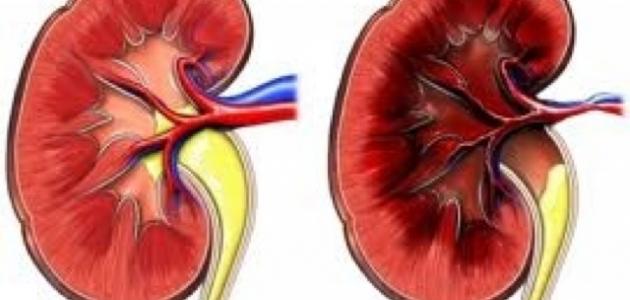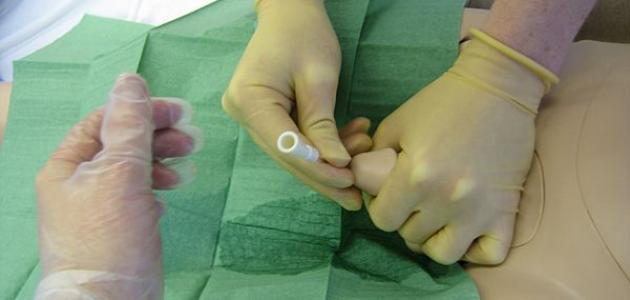Contents
Kidneys
The kidneys (kidneys) are located in the lower back of the human body on both sides of the spine, to perform a major function as a blood filtering system and remove toxins from the body, by transporting toxins to the bladder to be expelled out during the process of urination.
renal failure
Renal failure (kidney failure) occurs when the kidneys lose their ability to filter the blood from toxins, in addition to the presence of several other factors that interfere with impaired kidney function, such as exposure to toxic substances, environmental pollutants, chemical preservatives and many diseases such as kidney damage, and kidney failure may result (failure Renal) death through the accumulation of toxins in the body.
Causes of renal insufficiency
Causes of kidney failure (kidney failure) include loss of blood flow to the kidneys, which leads to failure of their work, as a result of heart attacks, heart disease and liver cirrhosis, as well as dehydration, severe burns and infections, in addition to the use of some drugs as anti-inflammatory, and it may lead to some diseases and conditions To kidney failure, such as exposure to blood clots, vasculitis, inflammation of small blood vessels in the kidneys, hemolytic urinary syndrome, plasma cell cancer in the bone marrow, scleroderma, use of chemotherapy drugs, and some antibiotics.
Types of renal impairment
Types of renal insufficiency (kidney failure) are distributed into several types, one of which is a sudden loss of kidney function due to insufficient blood delivery to the kidneys, while the other type is the result of a sudden blockage affecting the flow of urine from the kidneys, and the third type is due to a decrease in blood delivery to Kidneys for a long time, so that the kidneys begin to contract and slowly work until they stop.
Symptoms of renal insufficiency
Symptoms of kidney failure include swelling in the legs, ankles and feet, unexplained shortness of breath, drowsiness or tiredness, nausea, confusion, chest pain or pressure, and sometimes coma.
Diagnosis and treatment of disease
Kidney insufficiency is diagnosed by urine analysis, by measuring the amount of urine, in addition to taking blood samples to measure the substances that are filtered by the kidneys such as urea and creatinine, in addition to some imaging tests such as ultrasound, magnetic resonance, and computerized tomography. Radiographs. The treatment of kidney failure is through what is known as dialysis as an alternative process to what the kidneys perform in their normal functions, and the other treatment is kidney transplantation.
Disease prevention
The risk of developing renal insufficiency can be reduced by limiting the excessive use of chemical toxic substances, such as household cleaners, tobacco, pesticides, and other toxic products, and you should pay attention to the doctor's recommendations and take appropriate treatment under his supervision and follow an appropriate diet.


